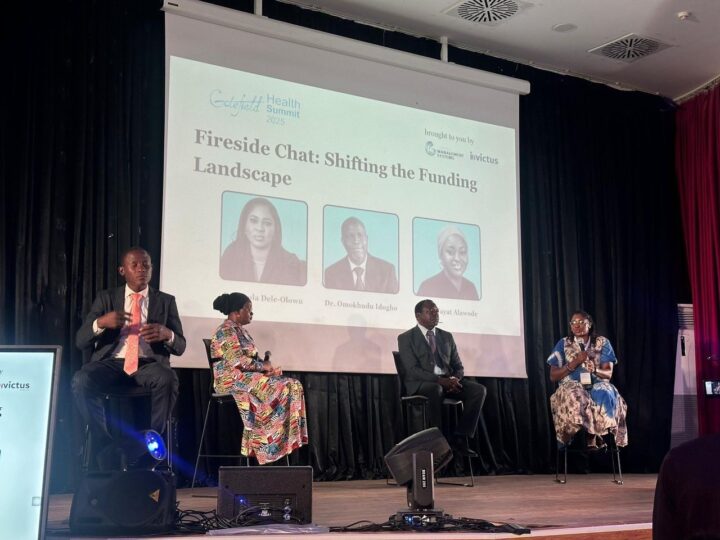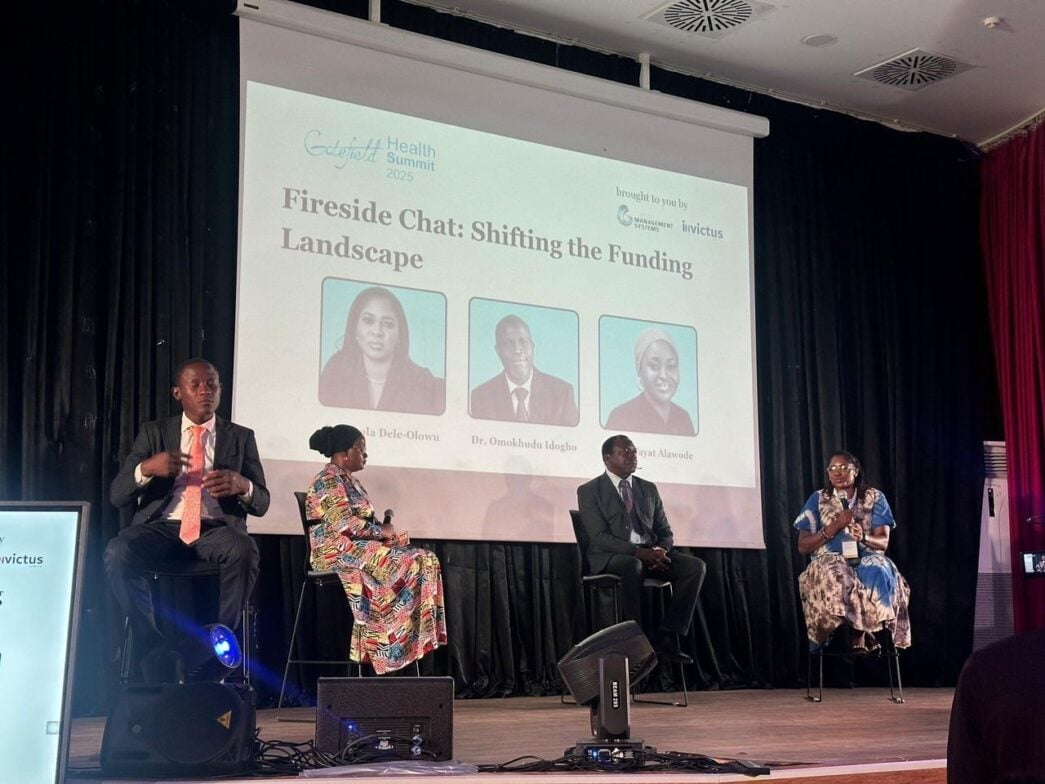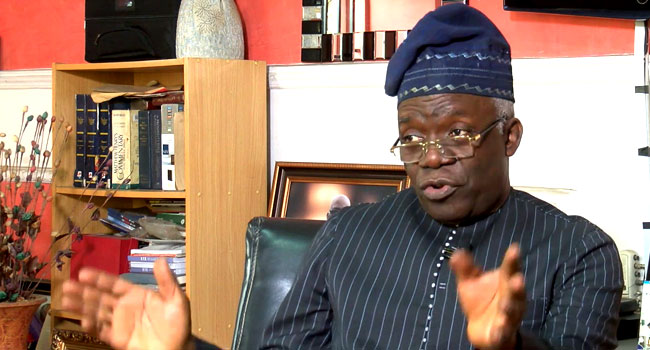Adewumi Emoruwa, the founder of Gatefield, says there is a need for urgent reforms and investments in Africa’s health systems to address worsening outcomes.
Emoruwa spoke in Abuja on Wednesday at the 2025 Gatefield health summit themed “Resilient health futures”.
He said Africa’s health crisis is both deep and structural, adding that governments and institutions need to focus on improving resilience in food systems, funding, medicines, and women’s health.
“Why are young Africans dying? Why are Africans dying younger than they should be? The average life expectancy of a Nigerian is 54 years,” he said.
Advertisement
“In Kenya, it’s 64 years, and in Europe, it’s 81 years. For a Nigerian, by age 25, you are at your half-life.”
Emoruwa also decried low health funding in Africa, which he said is not up to a fraction of what is needed to address the problem.
“While we are about a quarter of the world’s disease burden, we do not even make up a fraction of the funding required to solve the problem,” he said.
Advertisement
“In Europe, the average spend per citizen is $4,500 per year, but in Nigeria, it is $5.”
He added that “women’s health needs resilience,” noting that Nigeria remains one of the most dangerous places to give birth.
The Gatefield founder expressed optimism that Africa can “build its own health system, add 20 more years to life expectancy, and fund its health care”.
Omokhudu Idogho, managing director of the Society for Family Health (SFH), said the summit’s focus on resilience aligns with his organisation’s mission to strengthen Africa’s health systems through innovation, localisation, and sustainable financing.
Advertisement
“For us, resilient health is beyond a concept. It is open to our design, it is open to our delivery, and it is open to our impact,” Idogho said.
“We are in a situation where financing health may not be exactly the priority of government, but each and every one of us is government.”
Represented by Anthony Nwala, Idogho said SFH is working to promote “social businesses” and localised approaches that empower communities to sustain their own health systems.
“We have been able to create sustainable organisations across African countries. We provide technical assistance to governments, national and sub-national, to build capacity. It is possible. It is doable. And we can only do it collectively,” he said.
Advertisement
Niti Pal, a representative of the International Diabetes Federation, said the COVID-19 pandemic exposed the vulnerability of people with chronic diseases like diabetes and highlighted the importance of resilient primary healthcare.
“The mortality rate for people with diabetes was much higher. If we want systems to be resilient, we need to look carefully at how we manage chronic diseases,” Pal said.
Advertisement
She said chronic conditions must be treated at the community level and not just in hospitals.
“We need to strengthen primary care, not just doctors, but nurses, pharmacists and community health workers, and empower patients to manage their own conditions,” she said.
Advertisement












